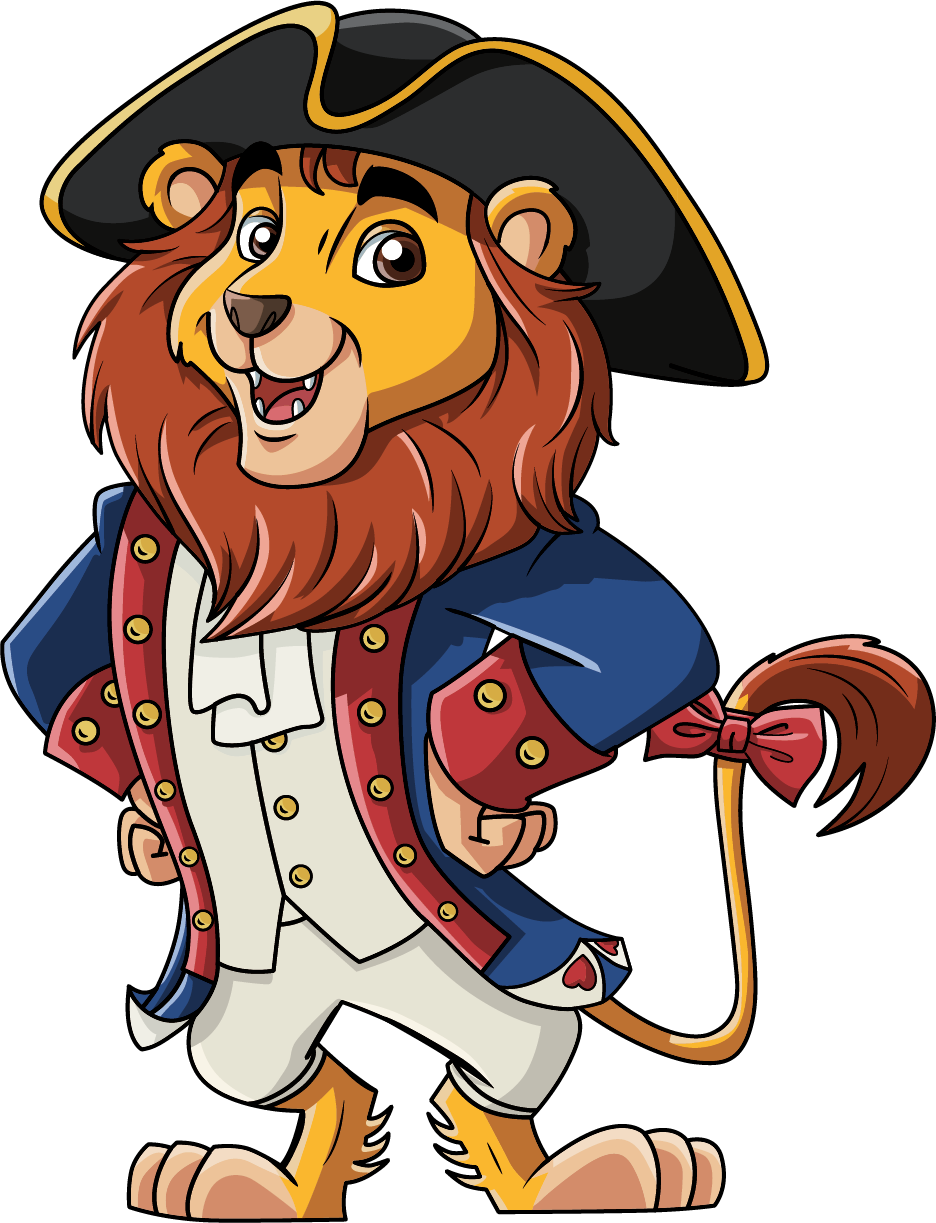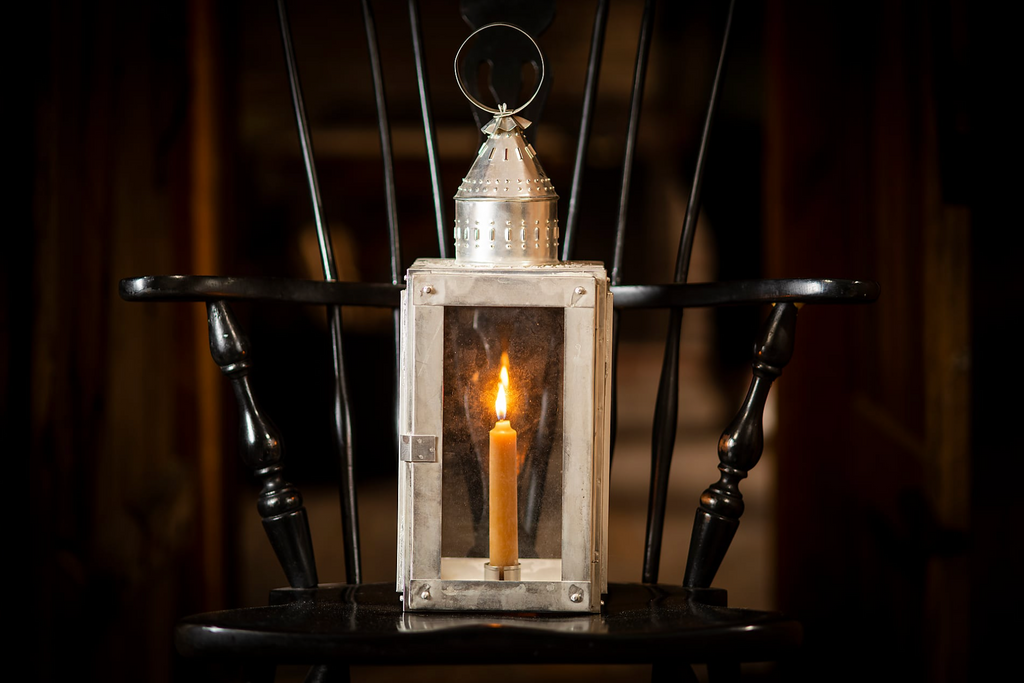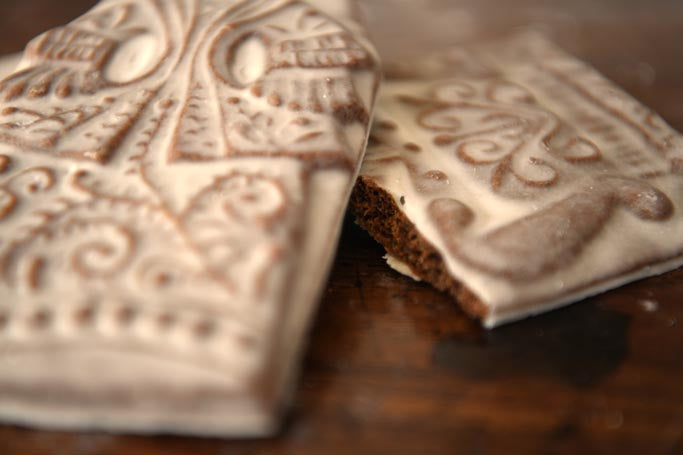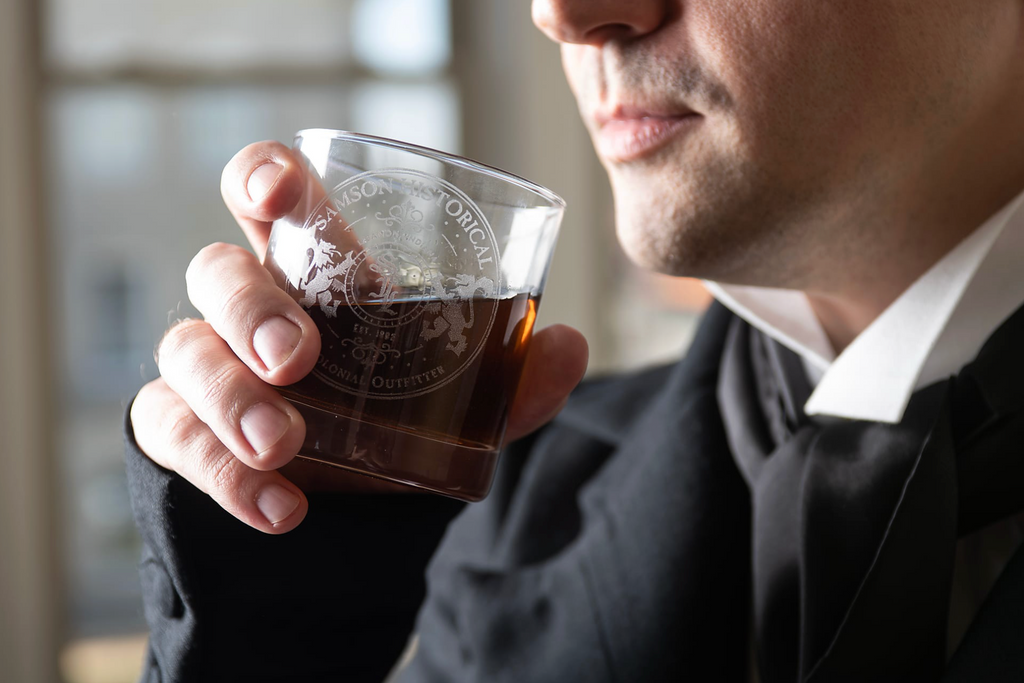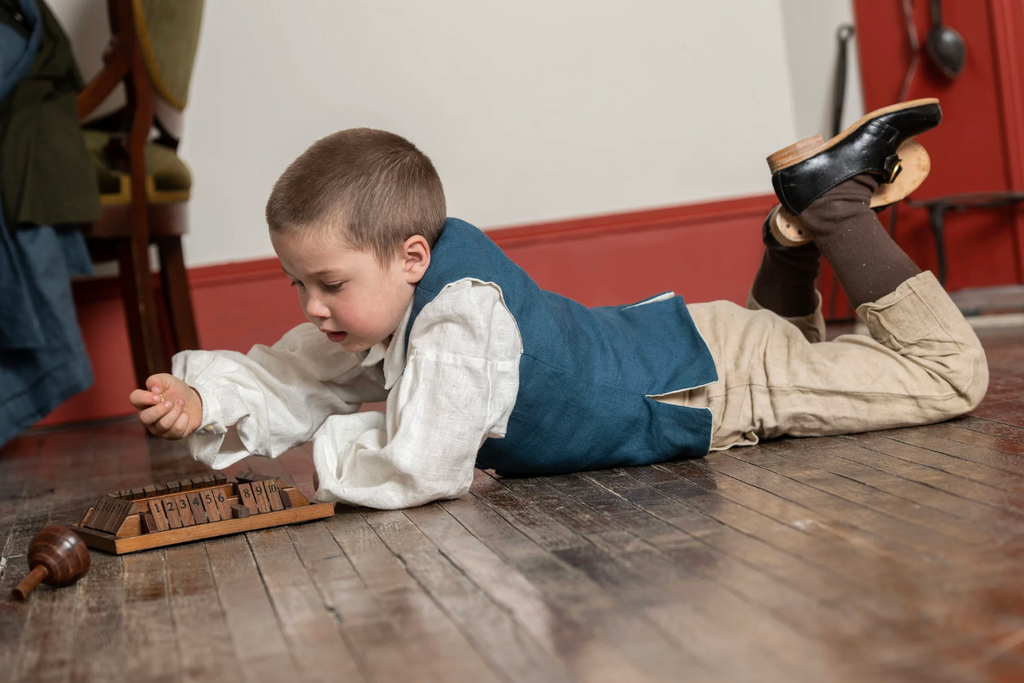Menu
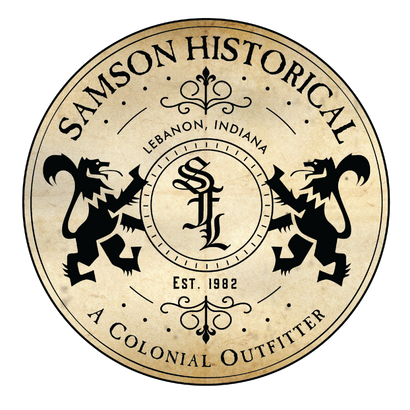
Men’s Clothing
Women’s Clothing
Children's Clothing
"A day of public thanks-giving..." - George Washington
par Abbie Samson 2 lire la lecture

It is well known and established here in the United States, that the National Day of Thanksgiving is celebrated on the fourth Thursday of the month. While Thursday is ideal for creating a long weekend, it does seem a strange day for an annual holiday. It may surprise you that we have George Washington to thank for the tradition, and that he had visions off patriots rather than pilgrims in mind.

Learn more at the Smithsonian Institute
In 1789, spurred by the motion made by Elias Boudinot, New Jersey member of the House of Representatives, a joint congressional committee compelled President George Washington to proclaim a national celebration of thanksgiving for the newly established American people. On October 3rd, 1789, in New York City, President Washington did just that.
“…Now therefore I do recommend and assign Thursday the 26th day of November next to be devoted by the People of these States to the service of that great and glorious Being, who is the beneficent Author of all the good that was, that is, or that will be—…”
Washington lists many reasons for celebrating and giving thanks. Among them there is a recurring theme of peace and wisdom. Though it is notable that the thanks being given is not only for past blessings, but an appreciation for future guidance and maintained peace both inwardly and outwardly as a nation.
“…favorable interpositions of his Providence which we experienced in the course and conclusion of the late war—for the great degree of tranquility, union, and plenty, which we have since enjoyed—for the peaceable and rational manner, in which we have been enabled to establish constitutions of government for our safety and happiness, and particularly the national One now lately instituted—for the civil and religious liberty with which we are blessed…”
This proclamation was immediately dispersed to the masses and printed in newspapers for all to read. This includes the October 9, 1789, issues of the Pennsylvania Packet and Daily Advertiser. Washington himself observed the day with services at St. Paul's Chapel in New York City and by donating beer and food to imprisoned debtors.

Image Courtesy of Geroge Washington's Mount Vernon
This did not set the celebration in stone. President Washington himself declared another day of thanksgiving in February 1795. President Adams and Madison both made 2 or less proclamations for days of thanksgiving during their terms. President Thomas Jefferson refused to dictate a day of prayer and thanksgiving during his term as he believed it a direct constitutional conflict. Then in 1815 President Madison proclaimed April 13th as the holiday that year. Another proclamation in conjunction with the holiday was not made until President Lincoln in 1862.
The following year on October 3rd, after 36 years of lobbying by a woman named Sarah Josepha Hale and a victory at Gettysburg, President Abraham Lincoln spoke into existence a National Thanksgiving Day celebrated annually on the fourth Thursday in November. The date was set unalterably in 1941 by Congressional Joint Resolution.

Subscribe
Sign up to get the latest on sales, new releases and more …
